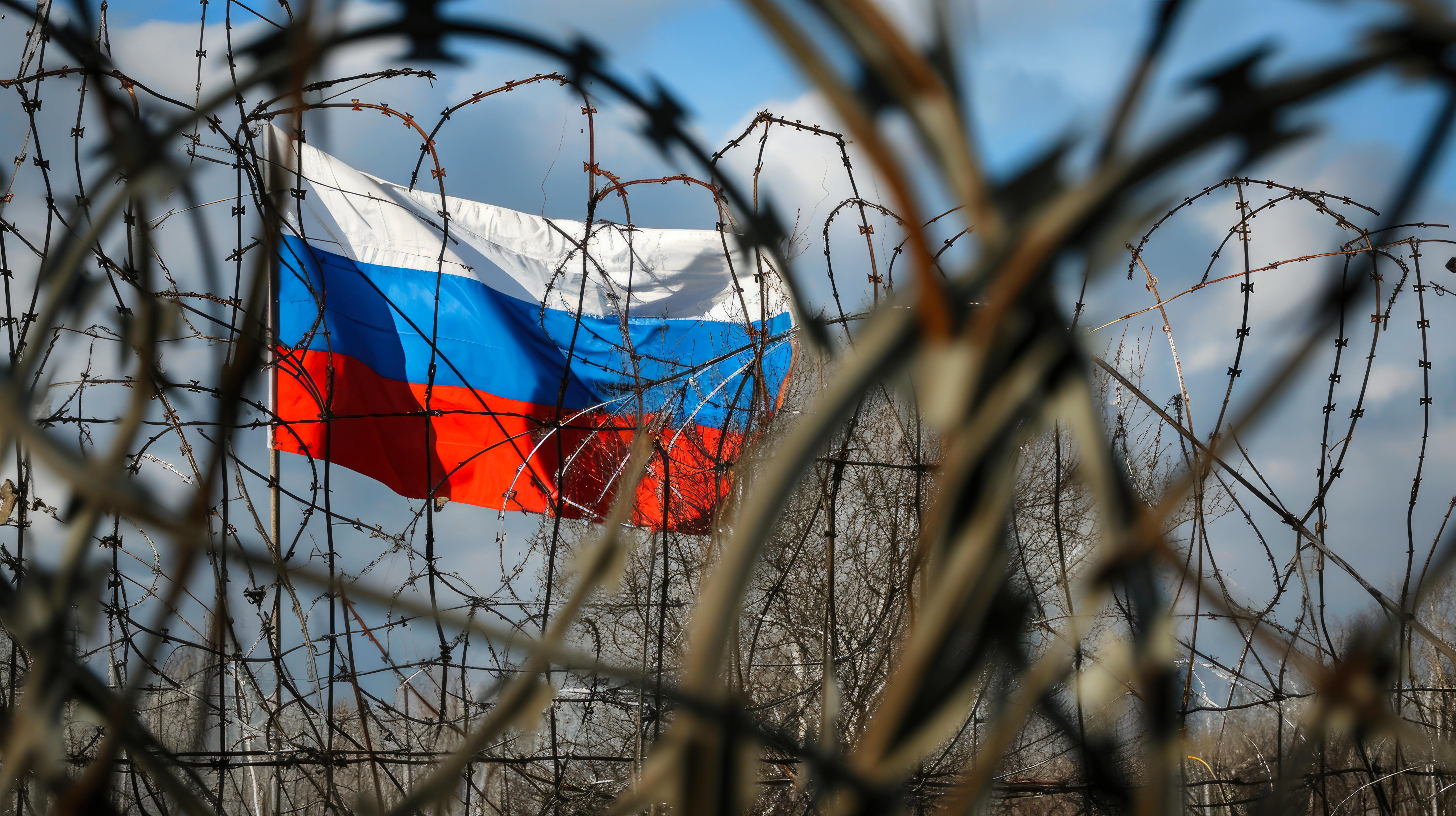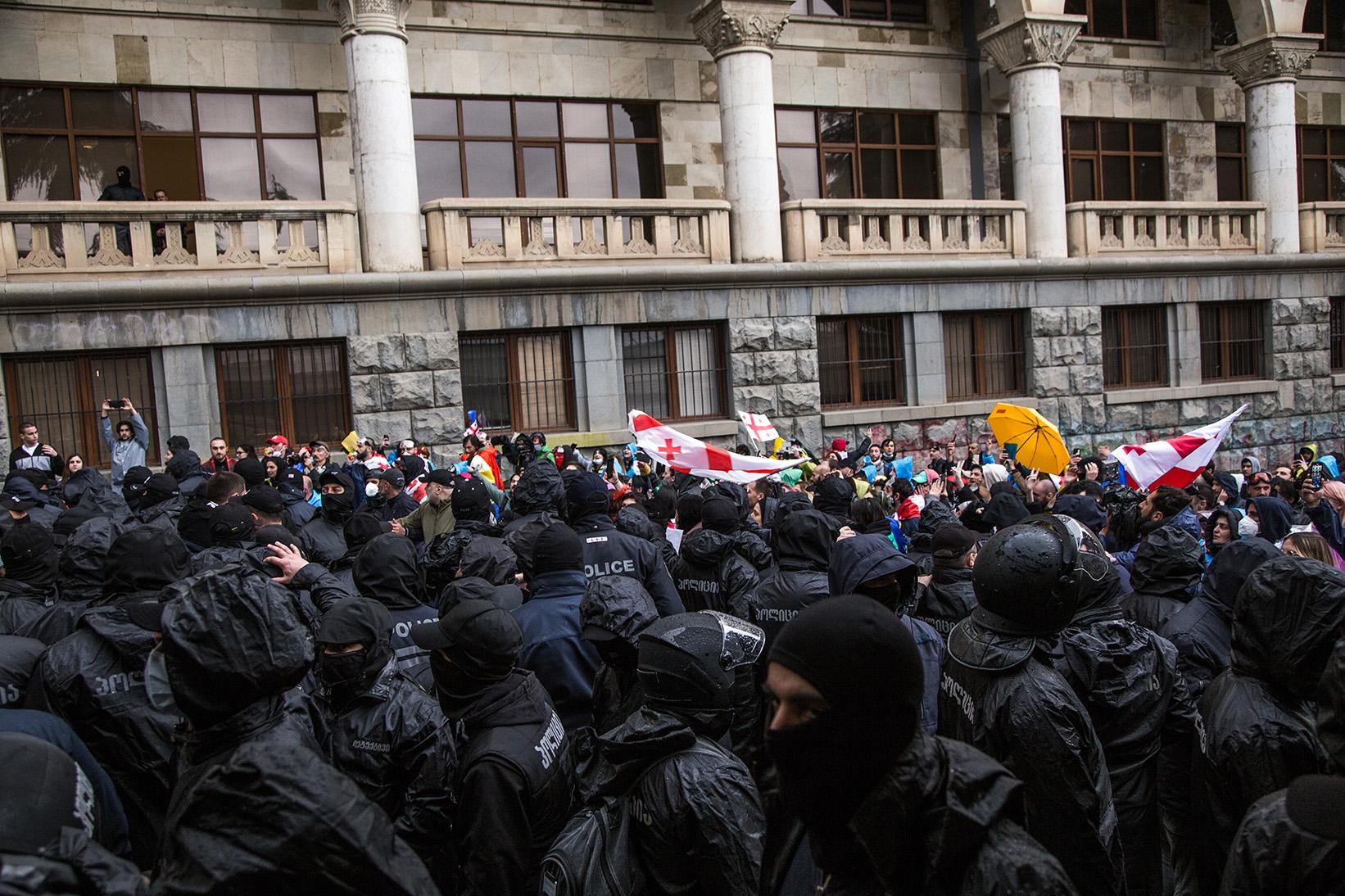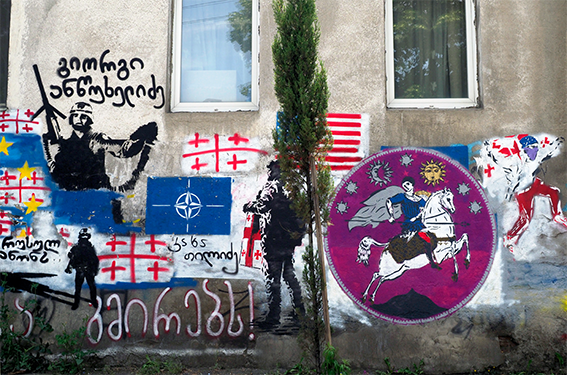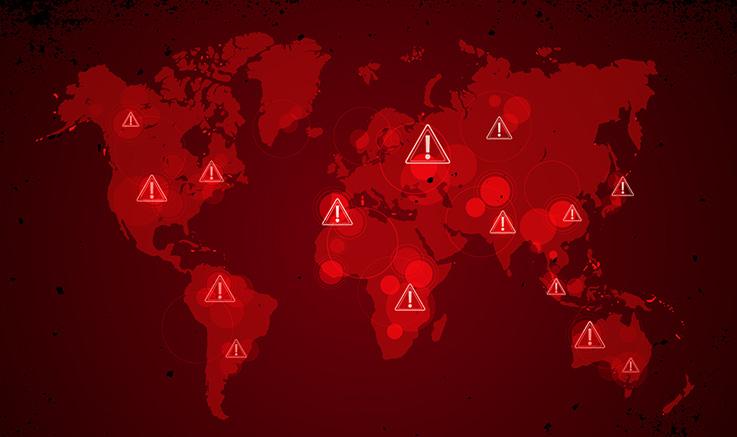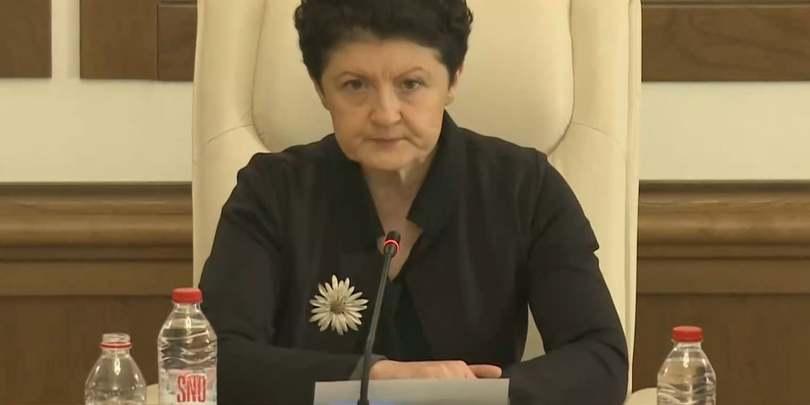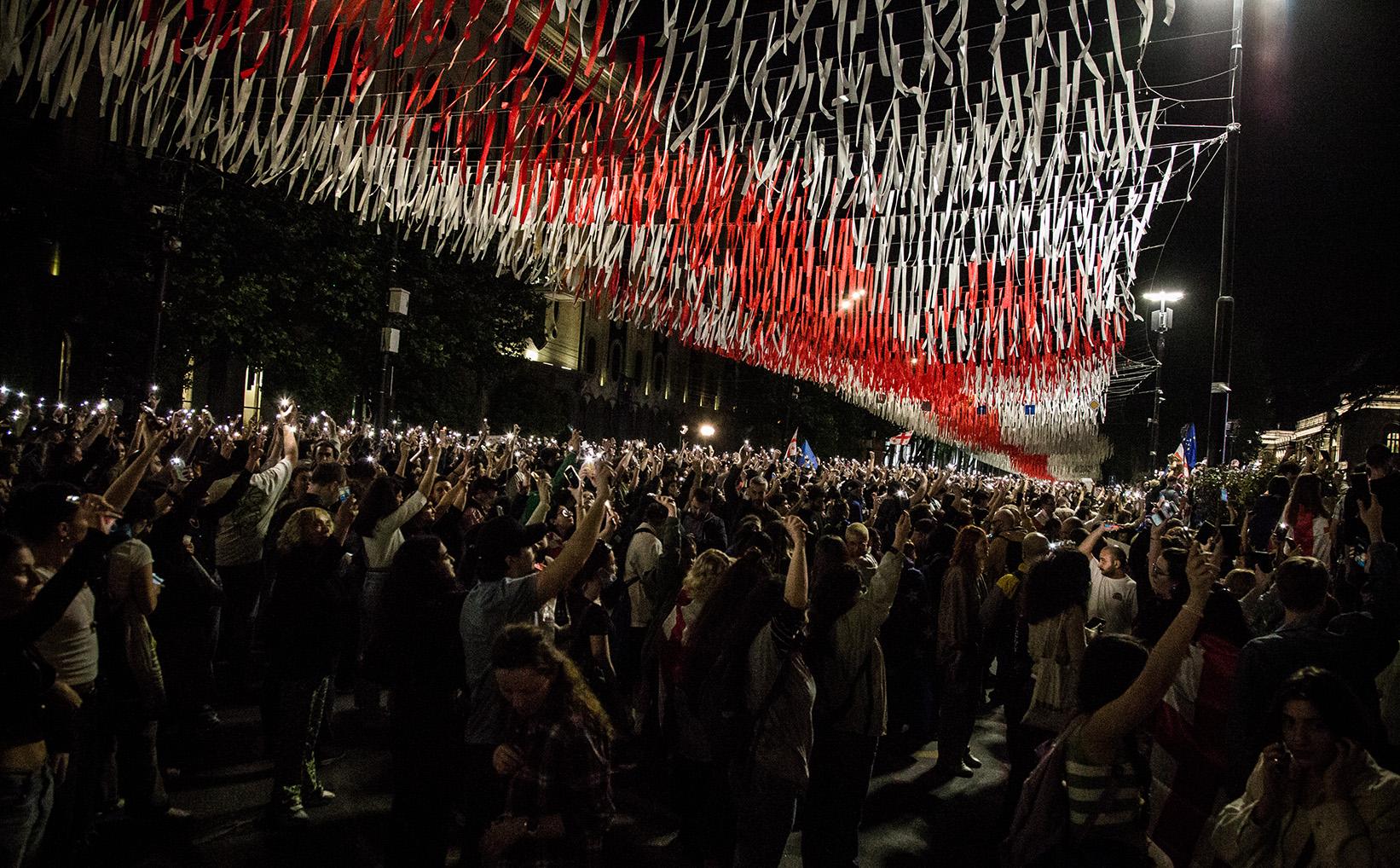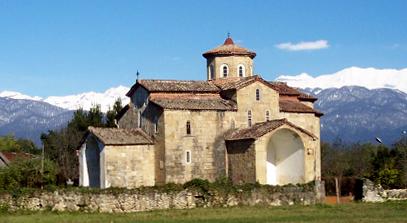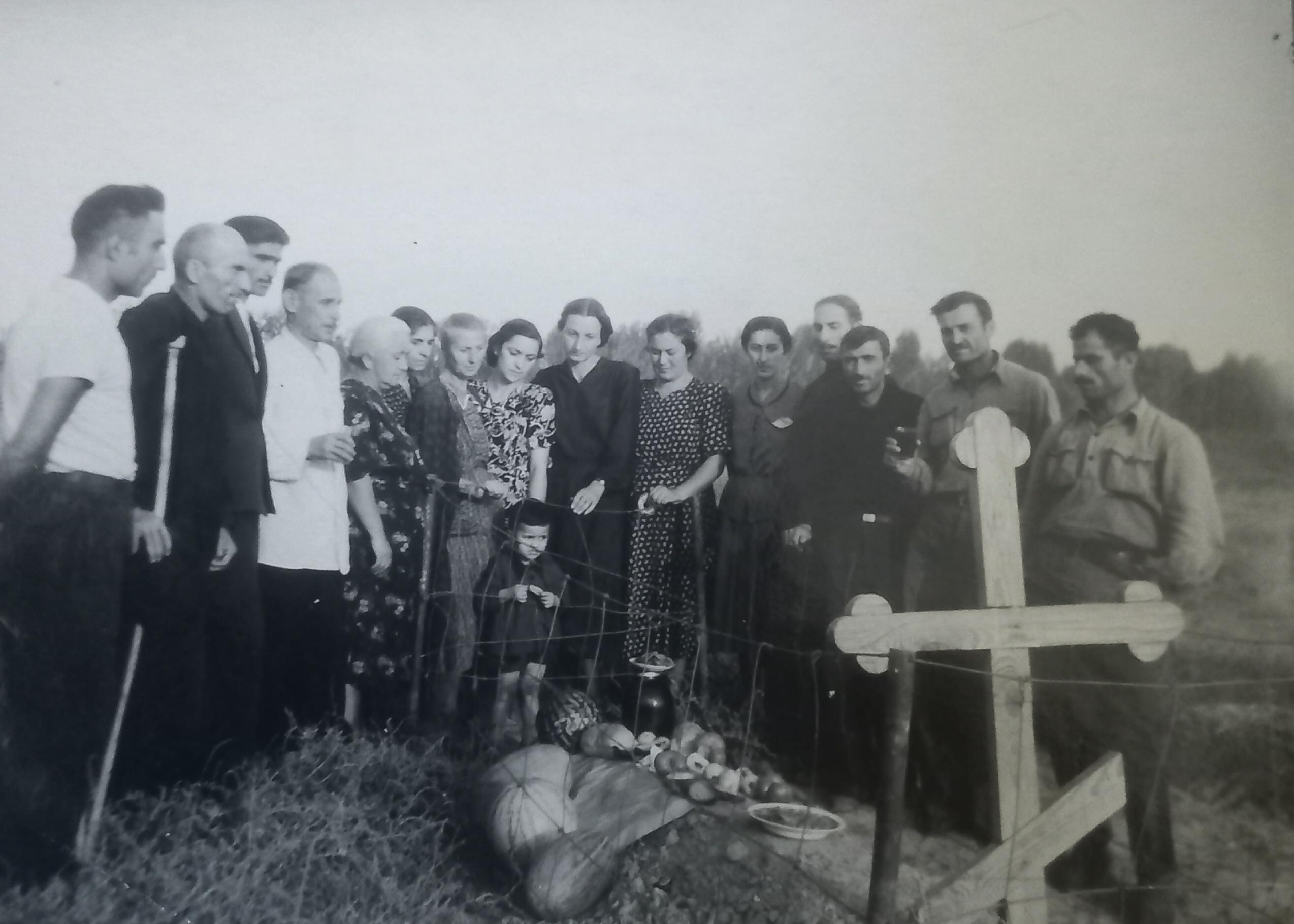Author : Gia Japaridze

We need to go back in time and remember the history we already know. We need history in order to learn from it—it should not remain just a legend or a past that no longer concerns us.
In the mid-sixth century, the Kingdom of Lazica became a focal point of confrontation between two great empires—the Eastern Roman (Byzantine) Empire and Sasanian Iran. In this conflict between Byzantium and Persia, Lazica fought on the side of the Romans. However, the treacherous betrayal by Byzantine commanders led to the assassination of King Gubaz of Lazica. Faced with the need to redefine its foreign policy orientation, the political elite of Lazica convened in 555. This gathering became known in history as the Assembly of Egrisi.
Among the assembly, one faction supported breaking ties with Byzantium and forming an alliance with Iran, while the other—despite the betrayal by Byzantine commanders—continued to advocate for alignment with the Eastern Roman Empire. These two opposing camps were represented by prominent politicians and rhetoricians of the time: Aietes and Partadzi.
Aietes asserted: ‘The former valour of the Colchians has vanished—no longer can we dominate others. If we let this atrocity go unpunished, the Romans will never leave us alone and will humiliate us further through our inaction. Indeed, the Romans are always more arrogant toward those who submit and tend to despise those who serve them. I want the Kingdom of Colchis to regain its former glory—so that it will no longer depend on foreign powers, but instead rely on its own strength, both in times of war and in times of peace. But when we are weakened—by the circumstances of the time, by the turns of fate, or by both—and must submit to a greater power, it is still better to submit to one that is more benevolent, one that consistently shows favour to its own people and allies.’ Does this not echo the logic behind today’s Georgian Dream reality?
Partadzi emphasized the shared values and Christian identity with Byzantium, stating: ‘The Romans remain the more acceptable choice, for the Persians will never accept that we have different faiths. We must not surrender to despair or emotional turmoil and flee like slaves. Instead, we should be filled with a desire for the freedom of Colchis, bravely endure misfortunes, and refrain from actions unworthy of our ancestors’ customs. Let us inform Caesar of what has occurred and await his response. If our just demands are rejected, only then should we consider an alliance with the Persians.’
Ultimately, Partadzi’s view prevailed.
Throughout history, the question of Georgia’s foreign policy orientation has often resembled the dilemma faced at the Assembly of Egrisi. Georgia has continually had to navigate between powerful civilizations to safeguard its freedom and preserve its national identity.
Even when the Great Powers of the East offered Georgian kings comfort, prosperity, and personal glory in exchange for freedom, Georgian rulers chose the space of European civilization. It is no coincidence that in the eighteenth century, when Vakhtang VI, the de facto governor of Eastern Georgia appointed by the Persian Empire as ruler, founded a printing press, he was the one to print the first editions of the New Testament and The Knight in the Panther’s Skin for the Georgian people. If anything defined Georgian identity, it was The Knight in the Panther’s Skin1 and Christian philosophy. Vakhtang VI sought to restore to his contemporaries a sense of national identity and consciousness that had been lost or eroded by shifting geopolitical tides and foreign domination.
Georgia has always faced a foreign policy choice and has always chosen the space of Greek democracy, Roman law, and Christian morality, which is what Europe and Western civilization in general is all about.
Governments in Western countries will change, and political forces may periodically come to power whose foreign policy priorities do not align with Georgia’s interests. There may be moments when Western states disagree on key issues, when cracks appear in their unity, and when the West struggles to demonstrate solidarity and unity. Yet, integration into Western structures remains Georgia’s best path to ensuring its national security, preserving its identity, and achieving economic prosperity. That is why Georgia’s Western choice is existential—an imperative for its very survival.
Georgia is still facing this choice today. The country cannot change its geography. It is located in a historical geopolitical triangle between Russia, Türkiye, and Iran. All three are old historical powers with constant revisionist aspirations. Changing the fixed geopolitical reality will take time; Tbilisi will have to function for a long time in this situation, with an uncertain future, no security guarantees, and no prospect of economic recovery. Pragmatically, integration into the economic and security structures of the West is the only way out for Georgia.
But there is a difference between the choice Georgia makes and the extent to which that choice can be realized in practice. International politics is, in most cases, a two-way street. The question, then, is: what interest can Europe and the United States have in Georgia?
Europe and the United States represent a space of values—freedom, democracy, the free market, human rights, and the rule of law. These are not only principles the West upholds, but also the foundation upon which it builds partnerships with states that share the same ideals. While some proponents of political realism might disagree, the theory itself supports the idea that aiding countries with shared values serves national interests by strengthening relative power within the international system.
Russia’s full-scale military aggression against Ukraine served as a sobering moment for Europe. Until then, the European Union—experiencing what was often referred to as ‘enlargement fatigue’—had little appetite for future expansion. The Western Balkan countries, by virtue of geography alone, were in a more favourable position than those of the Eastern Partnership. In fact, the Eastern Partnership itself had long been perceived as a kind of ‘consolation prize’ for countries waiting at a station where the enlargement train was never expected to arrive.
Russia’s attempt to forcefully change borders after World War II and wipe Ukraine off the map sobered Europe, and it took geopolitical decisions by granting Georgia candidate country status and starting accession negotiations with Ukraine and Moldova. Today, the de facto government of Georgia is already a headache for the European Union because it enjoys the status of a candidate country for accession. If something disturbs the European Union, if something damages its reputation, if something becomes a heavy blow on the issue of the next enlargement of the European Union, it will be a ‘failure’ of the European Union with regard to any candidate country. Georgia can use this moment in its own interests, as a kind of extortion—in a good sense of the word.
Nowhere does the EU flag fly as high as in Tbilisi at the protests against Ivanishvili’s authoritarian regime. Enlargement gives a new impetus to the European integration project, strengthens the idea of European identity, awakens the dormant concept of European unity, breaks the deadlock of the European project, and completes the process of European integration, which turns Europe into a geopolitical actor. It is no coincidence that the former German Secretary of State repeatedly said that Tbilisi today is the real capital of Europe.
Europe does not live in the realities of the Cold War; the world has changed in the last 30 years. It is difficult to imagine the security of Europe without the security of the Black Sea region. It is therefore crucial that accession to the European Union be accompanied by a security component. Russia’s full-scale military aggression in Ukraine confirmed this and reminded European capitals of the real threats. The geopolitical, geo-economic, and geostrategic importance of the Black Sea region seems yet to be understood in the West. The entry of Ukraine and Georgia into the European and Euro-Atlantic structures means the transformation of the Black Sea into a ‘lake of the West’, which will forever bury Russia’s ambitions to become the ‘Third Rome’ and have access to warm waters. The Black Sea region is as important for the security of the West as the issue of the balance of power in the Arctic region, which has recently become more acute on the international agenda.
The fact that the Russian Federation and Iran are under international sanctions—which are likely to remain in place for the foreseeable future, even without assuming more dire scenarios such as a prolonged war in Ukraine or new conflicts in the wider region—underlines the need for the West to diversify its trade and economic routes. Despite numerous challenges facing the states involved in a potential Central Corridor project (the costliness of the project, the lack of appropriate infrastructure, the need to modernize the existing infrastructure, long-standing disagreements between some states around the Caspian Sea, the development of tariff policies, etc.), the Central Corridor project still remains a costly but optimal option for the West in terms of trade communication with Central Asia and Indo-China and transportation of energy resources. Moreover, even if Russia and/or Iran emerge from international isolation, there is no guarantee that Moscow or Tehran will abandon their revisionist ambitions and become reliable partners for the West.
Crises also create opportunities. Georgia’s foreign policy must be guided by pragmatism, rationalism, and a degree of moral clarity—principles rooted in the country’s long-term national interests and shaped by a constantly evolving international environment. Georgia has earned the right to be disillusioned, as history has shown: when we were excluded from the League of Nations; when Georgia was handed over to Stalin without hesitation; when Eastern Europe was effectively gifted to Russia; when Stalin’s army—despite his role as an ‘ally’—was not stopped from advancing into European capitals; and when, after World War II, refugees from the Soviet Union who had found temporary safety in the West were forcibly returned to face certain death at the hands of the man affectionately known in the West as Uncle Joe, the most prolific serial murderer in human history.
Just as we were disillusioned in August 2008, when Russian aggression was met with indifference, and the world turned a blind eye to the fact that—for the first time since the Second World War—a European state had brazenly violated the territorial integrity of another and redrawn its borders by force. It was painful to witness some Western politicians attempt to restore relations with the aggressor at the expense of the victim, or to see a symbolic reset button handed to Russia only months after the war. We were disappointed when our partners pressured Tbilisi to lift Georgia’s veto on Russia’s accession to the World Trade Organization. We were again disappointed by the weak Western response to the annexation of Crimea and the conflict in Donbas in 2014, and by the Nord Stream 1 and 2 projects, which deepened our dependency on Russian gas. We have been disappointed by the West’s response to the Ivanishvili regime’s human rights abuses, its capture of the judiciary and, ultimately, the state itself—its crackdown on the media and persecution of political opponents. We have been surprised and disheartened by the West’s naivety and, to put it diplomatically, its excessive optimism regarding both Russia and Ivanishvili. But we have never been angry—because we have no other choice.
We have always made the choice of Partadzi.
